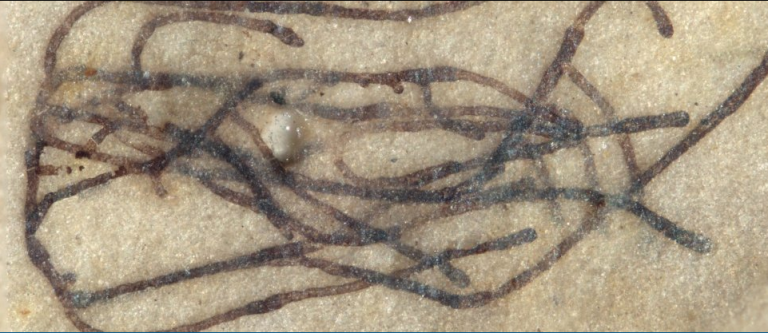Two paleontologists at Virginia Tech have found one billion-year-old fossils of green seaweed in China. Called Proterocladus antiquus, the tiny fossils are the oldest green seaweed found to date – 200 million years older than the previous titleholder – and may be related to the first plants to colonize the land in Earth’s distant past, 450 million years ago.
Even from all those aeons ago, the fossils show evidence of characteristics in common with modern algae. They represent multicellular organisms with branching structures and even root systems.
The new find beats the previous record-holder – the fragmentary Proterocladus, 800 million years old (it’s possible they’re both the same species).
This discovery suggests seaweed were already thriving in the ocean, long before plants migrated to dry land.
“The entire biosphere is largely dependent on plants and algae for food and oxygen, yet land plants did not evolve until about 450 million years ago,” said palaeontologist Shuhai Xiao of Virginia Tech.
“Our study shows that green seaweeds evolved no later than 1 billion years ago, pushing back the record of green seaweeds by about 200 million years.”
Ask me anything
Explore related questions





